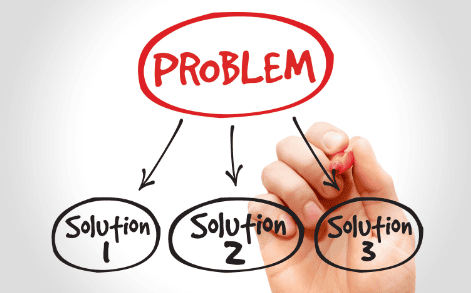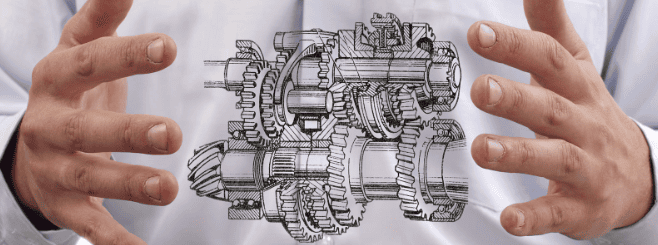
Expert in Camera Module Solution

Expert in Camera Module Solution

Mechanical engineers design, build and test mechanical devices such as tools, engines and machines. Considered the broadest engineering discipline, mechanical engineers work in engineering services, research facilities, manufacturing industries, and the federal government.
A mechanical engineer should have particular hard skills, including a strong understanding of industry standards, and comfort working with computers, because much time is spent designing, simulating, and testing. In addition, mechanical engineers should have soft skills, such as strong analytical thinking and communication skills.
Here's a list of mechanical engineer skills, including a detailed list of the 5 most important mechanical engineering skills, as well as a longer list of even more related skills.

Top 5 Mechanical Engineer Skills
Problem Solving
A big part of a mechanical engineer’s job is solving problems using mechanical or thermal devices. Mechanical engineers need to be strong analytical thinkers who are capable of solving problems brought to them by clients or employers.

Creativity
Mechanical engineering involves developing and designing products, which range from batteries to electric generators to medical devices. Inventing products involves a lot of creativity.

Communication Skills
Often, mechanical engineers develop a product for a client. They may have to explain complex machines or devices to people who are not familiar with mechanical engineering. They have to be able to explain their ideas clearly and effectively, and this takes strong communication skills.

Teamwork
Mechanical engineering involves lots of teamwork. Engineers often work in groups to invent technologies and solve problems. They might work with people who are not mechanical engineers, such as computer scientists or architects. They, therefore, need to be able to work with a diverse team of people to solve problems.

Math Skills
Mechanical engineers need to be comfortable using math to solve problems. The math skills required in mechanical engineering include calculus and statistics. They need to be able to apply these skills to analyze problems and design solutions.

Mechanical Engineer Skills
A - G
3D (Computer Aided Design) CAD
Analytical Thinking
Assemble Project Deliverables
Assist With Field and Manufacturing Problems
Assist With Shipping of Equipment Prior to Deployment
Analyze Test Results and Adjust Design if Needed
AutoCAD
Automated Model Programming
Complete Assigned Tasks Within Time and Cost Restraints
Convert Basic Design Information and Requirements Into Working Drawings
Develop and Test Prototypes
Clearly Explain Design Ideas
CAD (Computer Aided Design)
Comfortable Writing Technical Reports
Communication
Computer Skills
Create Blueprints Using CAD (Computer Aided Design)
Creativity
Design Mechanical Device Projects
Detail Oriented
Develop Design Calculations
Develop Project Scope and Timeline
Drafting Standards and Geometric, Dimension, & Tolerancing (GD&T)
Engineering Product Data Management Software (EPDM)
Ensure Designs Meet Legal Guidelines and Safety Requirements
H - M
Identify Potential Design Improvements
Knowledgeable of Machining and Fabrication Process
Make Regular Site Visits
Manage and Monitor Each Stage of Project
Math Skills
Mechanical Skills
Microsoft Office Suite Experience
N - S
Oversee Project Manufacturing Process
Perform Equipment and System Calculations
Prepare Designs and Estimates
Prepare Conclusion and Analysis Reports
Pro-E CREO Computer Aided Design Software
Proactive and Willing to Take on New Challenges
Problem Solving
Product Validation Experience
Provide Cost Estimates for Materials, Equipment, and/or Labor
Read and Interpret Drawings and Specifications
Recommend Modifications for Design Improvements and Simplification
Research Materials for Future Design Opportunities and Usage
Sound Knowledge of Engineering Fundamentals
Strong Presenter
T - Z
Teamwork
Test Building Materials
Troubleshoot Equipment to Solve Problems
Understand Diagrams, Drafts, Flow-Charts, and Other Information and Documentation
Use Notes, Sketches, and Verbal Instructions to Complete Project Design
Use Software to Design Within Industry and Government Standards
Write and Maintain Operating Procedures and Standards
Work Effectively Under Pressure
Work to Improve and Maintain Existing Products

AUTHOR: ALISON DOYLE